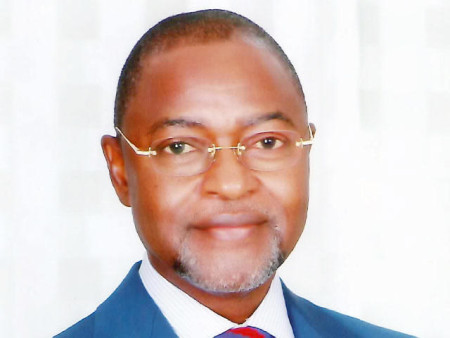‘This is a save-our-souls call from Nigerian students in Russia under the Bilateral Education Agreement (BEA) programme of the Federal Scholarship Board. If something is not urgently done to help our situation, Nigerians should expect to see screaming headlines like Russian Government deports Nigerian Scholarship Students for begging for alms on the streets of Russia; Russia set to deport Nigerian scholarship students for working without work permits; Nigerian students starve to death in Russia; Female Nigerian students prostitute for food in Russia’.
This is a quote from a Nigerian student in Russia. A sad tale Nigerian students face in foreign land. It is not surprising to see a distinguished Senator to add his voice of support to the many Nigerian students abroad in dire need of assistance to further and complete their courses abroad.
The Bilateral Education Agreement Scholarship Award Scheme is the largest Federal Government Scholarship Scheme Nigeria entered with Russia, China, Ukraine, Cuba, Hungary, Egypt, Morocco and Algeria etc for the purpose of of training Nigerian Students in various specialised areas of academic pursuits.
Senator Umaru, under the motion ‘Non-payment of allowances to Nigerian students studying abroad notes that under the agreement, whilst the host countries take responsibility for tuition, Nigerian government is under an obligation to cater for the upkeep of such students that secured the scholarship award by providing a monthly upkeep allowance of $500; medical insurance of $200 and winter clothing allowance of $250, in addition to the sum of $2000 per student being provision for flight ticket upon completion of studies. He further said Nigeria government has failed, neglected and or refused to honour its own part of the agreement to pay the allowances since 2013 despite repeated demands and appeals to the appropriate authorities such as Federa Ministry of Education and the Nigerian Embassy in Moscow.
Some of the students who are desperate to survive have taken to all sort of criminal acts just to earn a living as the laws of the host countries in most instances particularly in Russia do no permit foreign students to work. The Senate therefore urge the Ministry of Foreign Affairs to consider the possibility of employing a Russian scholarship benefactor graduate at the Nigerian Embassy in Russia as an education attachee who understands the plight of these students and will oversee the procurement and payment of the students’ monthly stipends.











